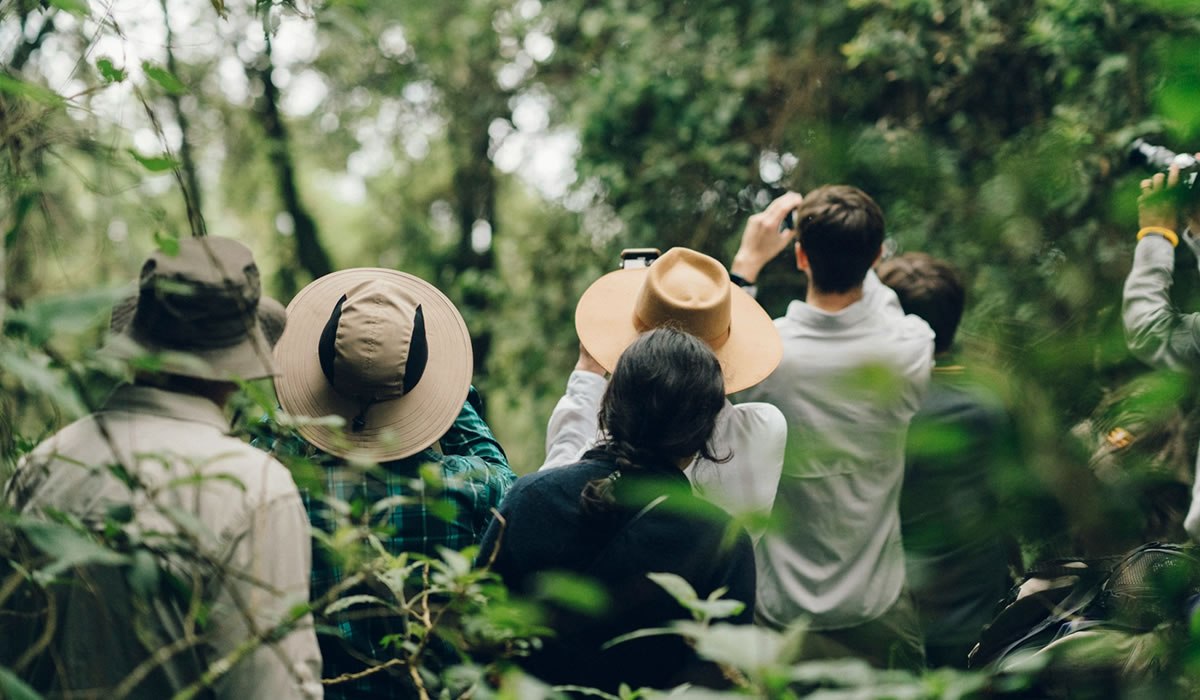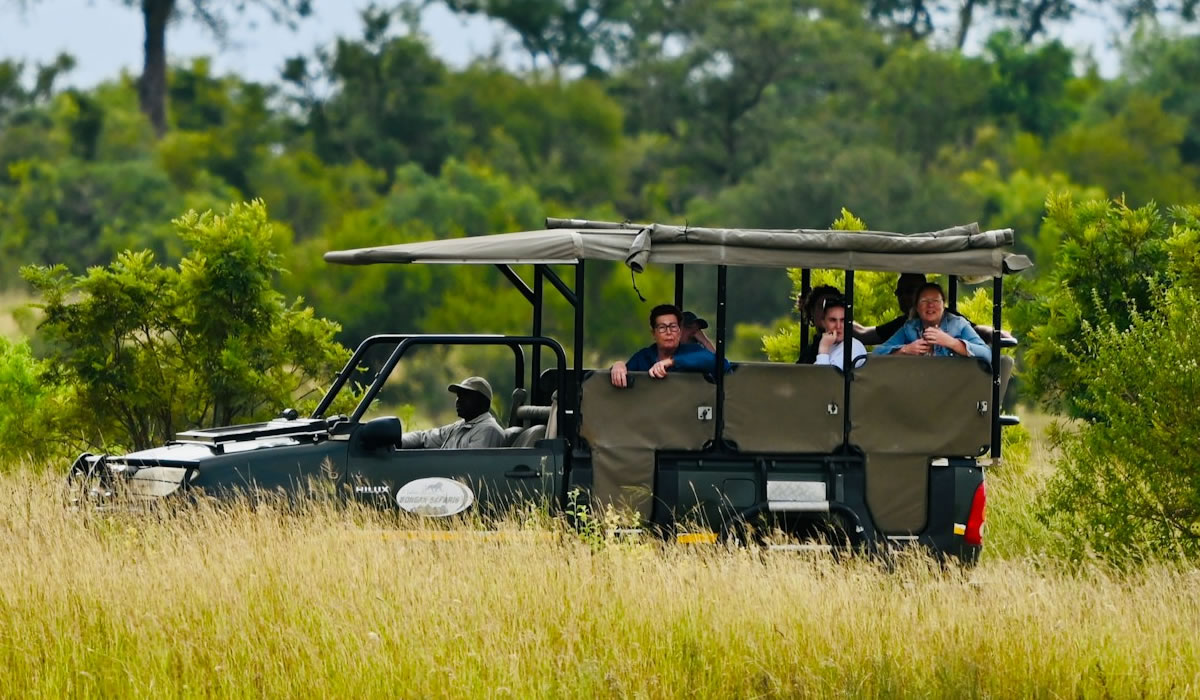Uganda is often described as the Pearl of Africa, a phrase popularized by Winston Churchill…

With its lush green landscapes, the snow-capped Rwenzori Mountains, Lake Victoria, and the endangered mountain gorillas in Bwindi Impenetrable National Park, Uganda offers a truly unique travel experience. However, a question often asked by prospective visitors is, “Is Uganda safe for tourists?” The short answer is yes, Uganda is generally safe for tourists, but as with any international travel, it’s essential to be informed and prepared. In this guide, we explore Uganda’s safety for tourists, key precautions, travel tips, and everything else you need to know before your trip.
General Safety in Uganda
Uganda has seen significant political stability and economic development in recent years. The country is welcoming to tourists and has made major strides in ensuring a safe environment for visitors. Tourist destinations such as Kampala, Jinja, Entebbe, Bwindi, Queen Elizabeth National Park, Murchison Falls National Park, and Kibale Forest are generally safe. These areas are patrolled by tourism police, and incidents involving tourists are rare.
The Uganda Tourism Police, a special branch of the Uganda Police Force, was established specifically to ensure the safety of travellers. They operate in most national parks and major towns, providing security and quick response in case of any incidents.
Crime in Uganda
Like many developing countries, Uganda does have its share of petty crime, especially in urban areas. The most common issues are pickpocketing, bag snatching, and minor scams. These are especially prevalent in crowded places like markets, bus stations, and nightclubs in big cities such as Kampala and Entebbe.
To minimize your risk:
- Avoid displaying valuables like expensive jewellery, cameras, or smartphones in public.
- Use hotel safes to store passports and large amounts of cash.
- Walk in groups when exploring at night, especially in cities.
- Hire registered tour guides or use reputable tour companies.
Violent crime against tourists is very rare, and most visitors to Uganda complete their trips without any incidents. Police are approachable and helpful if you need assistance.
Political Stability and Demonstrations
Uganda is politically stable, but there are occasional political protests, especially during election seasons. These demonstrations are generally peaceful, but they can disrupt traffic and lead to confrontations between protesters and police. As a tourist, it’s best to avoid political gatherings, rallies, or public demonstrations.
Stay updated through local news outlets or your embassy’s travel advisories. Most embassies provide safety updates through SMS or email, which can be helpful if you are travelling in Uganda for a longer period.
Health and Medical Safety
Health is another important concern for travellers. Uganda is located in a tropical region, so travellers should take necessary health precautions. The most common health concerns include malaria, yellow fever, and other mosquito-borne diseases.
Before you travel:
- Get vaccinated for yellow fever (required for entry), hepatitis A and B, typhoid, and tetanus.
- Consider taking antimalarial medication, as malaria is prevalent in many parts of Uganda.
- Bring insect repellent with DEET and use mosquito nets at night.
- Drink bottled or purified water and avoid eating raw or undercooked food from roadside vendors.
Medical facilities in Uganda are available in urban centers, with major hospitals located in Kampala and Entebbe. For serious medical issues, air evacuation might be necessary, so purchasing comprehensive travel insurance that includes medical evacuation is strongly recommended.
Transportation and Road Safety
Transportation in Uganda is generally reliable, but road conditions vary. In cities, traffic congestion is a challenge, and boda-bodas (motorcycle taxis) are a popular but risky means of transport due to reckless driving and poor road safety. It is not advisable for tourists to ride boda-bodas unless they are experienced and have helmets.

Roads outside the capital range from paved highways to rough dirt tracks. If you plan to drive yourself, be aware that road signage may be limited and local driving habits can be unpredictable. For this reason, many tourists prefer to hire private drivers or use guided tours.
Public buses and minibuses are available but not always the safest or most comfortable. For long-distance travel, booking with reputable coach services is a better option.
Wildlife Safety and National Parks
Uganda is a haven for wildlife lovers, offering world-class experiences such as gorilla trekking in Bwindi, chimpanzee tracking in Kibale, and safari drives in Queen Elizabeth or Murchison Falls National Park. These areas are safe, well-managed, and closely monitored by the Uganda Wildlife Authority (UWA).
To ensure your safety in national parks:
- Always follow the rules provided by rangers and guides.
- Never approach or feed wild animals.
- Keep a safe distance during game drives or walks.
- Wear appropriate clothing and footwear for hiking or trekking.
Gorilla trekking, one of Uganda’s top tourist attractions, is conducted under strict regulations to protect both the gorillas and the visitors. Tourists are required to maintain a 7-meter distance from the gorillas and must be in good health to participate.
Cultural Sensitivity and Local Etiquette
Ugandans are warm, friendly, and welcoming. Tourists often comment on the hospitality of the local people. That said, Uganda is socially conservative, and visitors are encouraged to be respectful of local customs.
Here are some etiquette tips:
- Dress modestly, especially in rural areas and religious sites.
- Always ask permission before taking photos of people.
- Be respectful when discussing politics, religion, or cultural issues.
- LGBTQ+ travellers should note that Uganda has strict laws regarding homosexuality. While these laws are rarely enforced on tourists, discretion is advised.
Natural Disasters and Environmental Safety
Uganda is located in the Great Rift Valley and experiences occasional earthquakes, though they are usually minor. Flooding can occur during heavy rains, particularly in mountainous or low-lying areas. The wet seasons are from March to May and October to November. During these times, some roads may be difficult to navigate and outdoor activities can be disrupted.
For those planning safaris or treks, the dry seasons [June to September and December to February] are considered the best time to visit Uganda. Roads are more accessible and wildlife is easier to spot during these months.
Travel Insurance and Emergency Contacts
Having travel insurance is essential when visiting Uganda. It should cover medical expenses, theft, trip cancellation, and evacuation in case of an emergency. Many tour companies and lodges require proof of insurance before confirming bookings, especially for gorilla and chimpanzee trekking.
Keep a list of emergency contacts including:
- Your country’s embassy or consulate in Uganda.
- Your travel insurance provider.
- The Uganda Tourism Board and the Tourism Police.
- Local tour operators or guides you’re traveling with.
Yes, Uganda is a safe and rewarding destination for tourists who take standard travel precautions. Most visitors have positive experiences and often return for repeat trips. With its breathtaking natural beauty, abundant wildlife, rich culture, and warm people, Uganda offers an unforgettable African adventure.
Like anywhere else in the world, safety is about being informed and aware of your surroundings. By following local advice, working with trusted tour operators, and maintaining basic common sense, you can explore Uganda safely and make the most of your journey.
Whether you’re tracking gorillas through the misty forests of Bwindi, cruising the Nile in Murchison Falls, or exploring the vibrant streets of Kampala, Uganda promises an experience that is both safe and spectacular.

